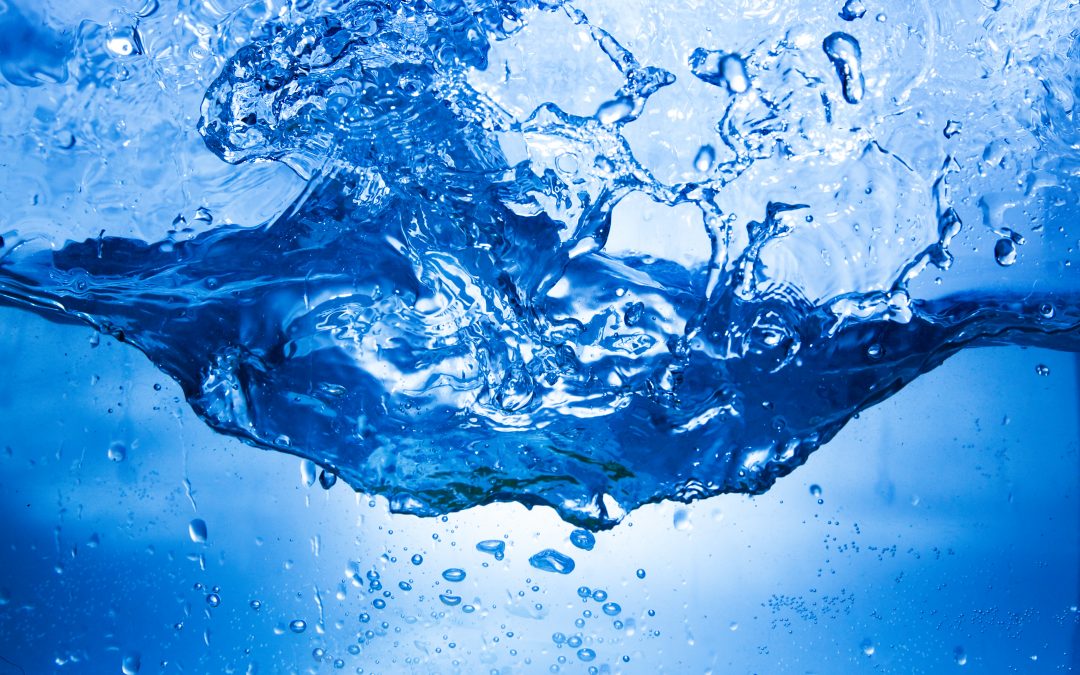
by Stefani Angy | Aug 2, 2021 | Deionization
Deionized or demineralized water is water that has zero charged particles or ions. The ions contain positive and negative electrical charges. These ions accumulate and pollute the water. To separate these dissolved solids – all of its mineral ions such as sodium,... 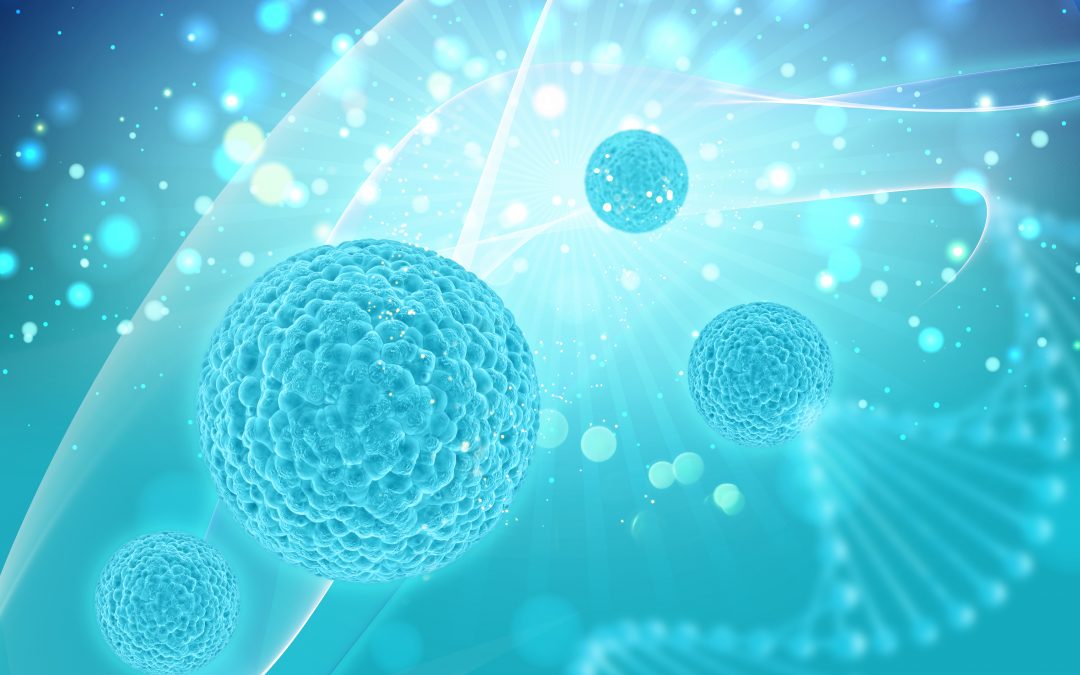
by Stefani Angy | Aug 2, 2021 | Filtration Systems
Bacteria plays an important role in the water purification process. Naturally occurring bacteria in untreated water can help to purify water through biodegradation; however, some bacteria, including human pathogens can pose a threat to consumers. Left untreated,... 
by Stefani Angy | Jun 7, 2021 | Filtration Systems
Water filtration is no joke. The impurities and debris in water can cause serious health issues and building damages. Our expert systems are efficient and thorough in cleansing your water of these harsh chemicals and minerals, but our benefits go beyond the strength... 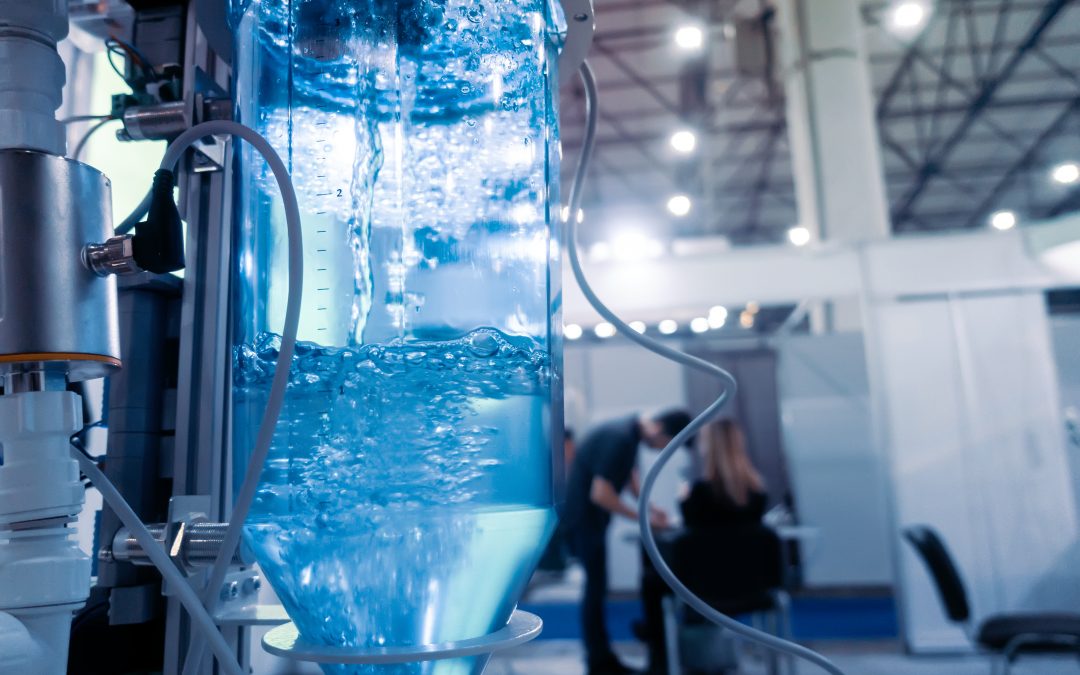
by Stefani Angy | Jun 1, 2021 | Filtration Systems
Process water is used for medical, pharmacological, chemical, and industrial applications. Clean and potable water undergoes the filtration process to reduce suspended particles, parasites, bacteria, algae, viruses, fungi, chemical, and biological contaminants to... 
by Stefani Angy | May 19, 2021 | Filtration Systems
Water flow is one of the five most important parameters to be monitored daily in your reverse osmosis system. It is an indicator of potential fouling and scaling, which are two of the most common reasons for the need to prematurely replace the membrane element.... 
by Stefani Angy | May 19, 2021 | Filtration Systems
There are a number of different water treatment technologies employed for industrial water treatment today. With each of the different systems, there are both benefits and problems that can arise from the various technologies used. It is essential to understand what... 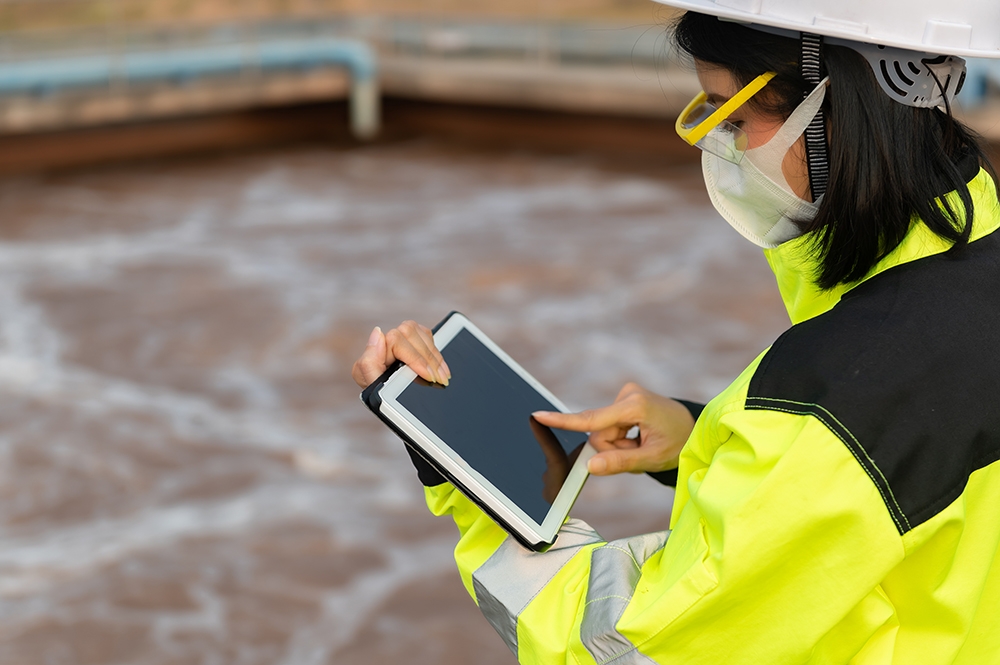
by Stefani Angy | Apr 19, 2021 | Filtration Systems
The addition of air into wastewater is an integral part of the treatment of biological wastewater. The process generates the aerobic biodegradation of pollutant components. Biological treatment relies on naturally occurring microorganisms in wastewater to degrade... 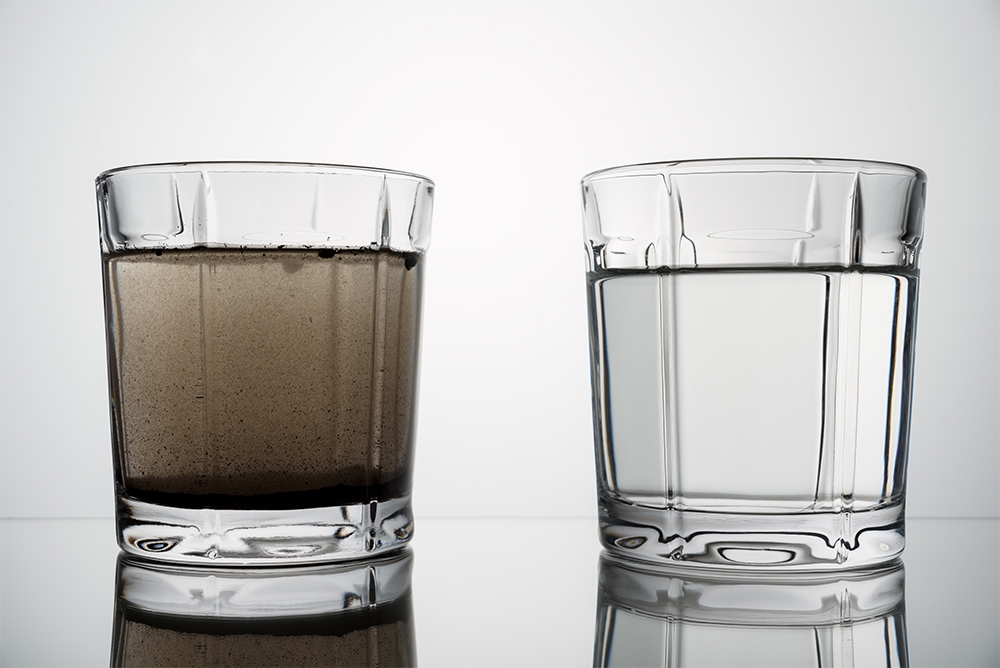
by Stefani Angy | Apr 19, 2021 | Filtration Systems
When working with industrial-grade filtration, you have several options for which type of filter best meets your needs. It’s essential to understand both filters’ benefits before choosing the right filtration technology for your performance demands. Both filter types... 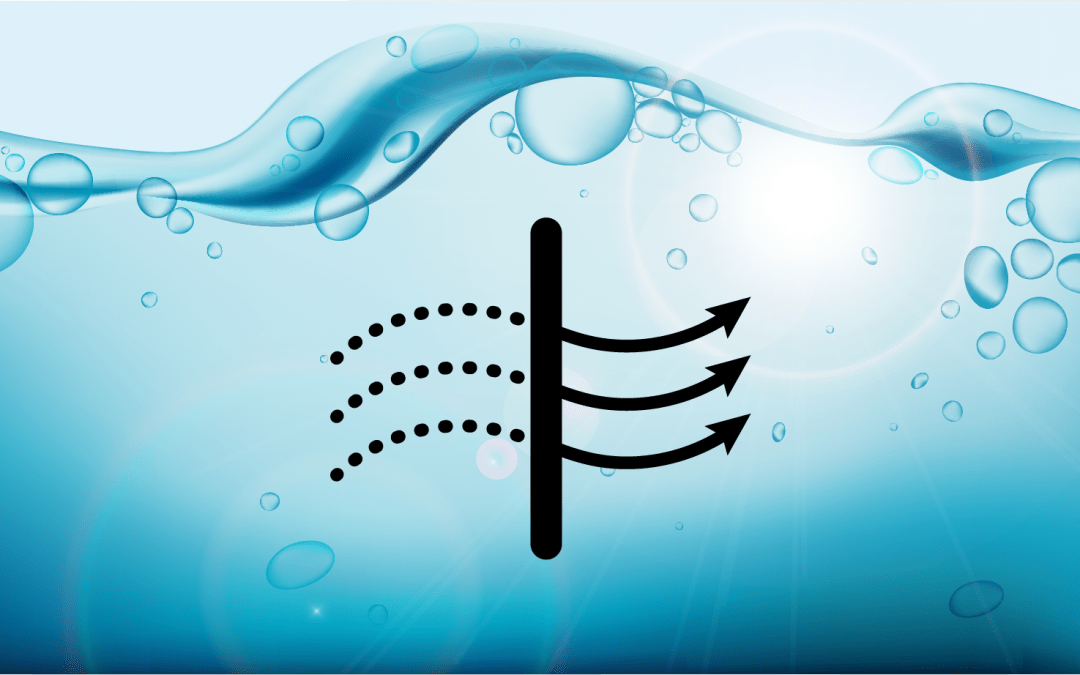
by Stefani Angy | Mar 24, 2021 | Filtration Systems
According to the United States Environmental Protection Agency, the average person produces between 50 and 70 gallons of wastewater per day in the United States. Wastewater is water that has been used and contaminated by humans for domestic, industrial, commercial, or... 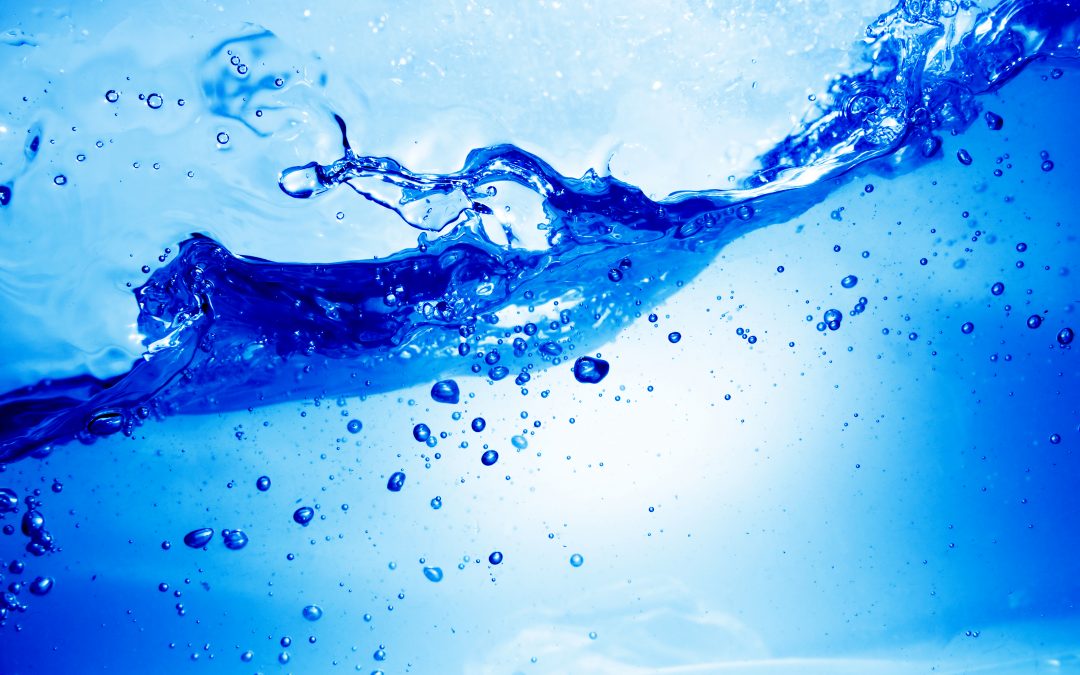
by Stefani Angy | Mar 24, 2021 | Filtration Systems
A self-cleaning filter capitalizes on system pressure to clean itself. This type of filter is cost-effective, energy-efficient, and lower maintenance than most other strainer systems. The technology used to self-clean does not need to be changed out or shutdown.... 










